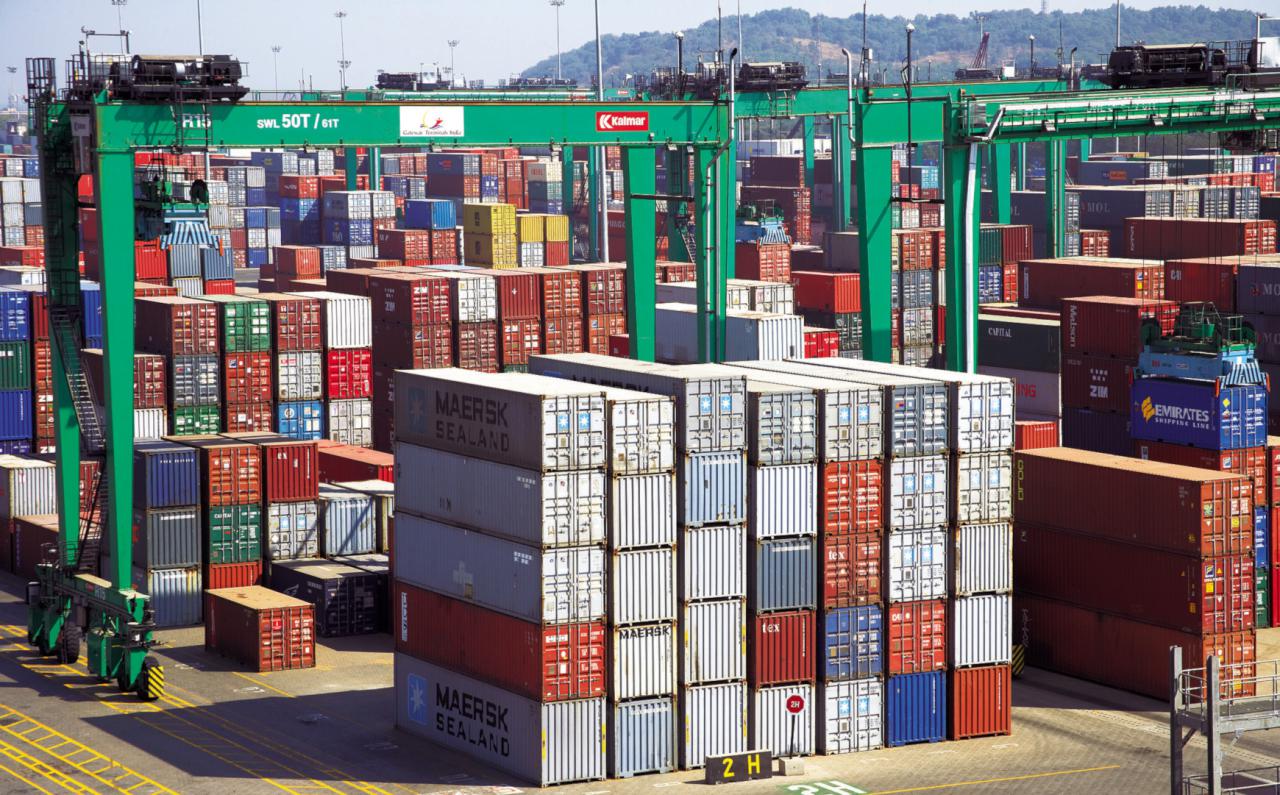
The government of India has announced a liberalised public land leasing policy for investors seeking to bid on rail-linked freight terminal projects.
The policy update is part of New Delhi’s flagship “Gati Shakti” scheme, designed to provide multimodal connectivity infrastructure support to various economic zones. Under this programme, launched in 2021, the authorities are targeting to build 300 freight terminals over the next five years.
To encourage investment, the annual land license fee has now been lowered to 1.5% of the market value of the land, versus 6% previously.
Additionally, selected bidders will have a 35-year lease tenure, instead of five years at present.
“Liberalising the land leasing policy would open avenues for all stakeholders/service providers/operators to establish more cargo related facilities and render their participation assisting in generation of additional cargo traffic and freight revenues to Railways,” said an announcement by India’s Ministry of Railways.
The ministry also noted, “The revised railways’ land policy will enable integrated development of infrastructure and more cargo terminals. The existing entities using railway land for cargo terminals will have the option to switch to the new policy regime after transparent and competitive bidding process.”
This investment push is another step towards accelerating the modal shift from road to rail that authorities believe is critical to improving container dwell times along with predictable cost gains for cargo owners.
“Since rail is an efficient mode of transport it is essential to more freight by rail so as to reduce the logistics cost of the industry,” the ministry added. “To enhance the modal share of rail in freight transportation, a need has been felt to modify the land leasing policy to encourage development of more cargo terminals.”
The policymakers believe multi-modal logistics will provide integrated and seamless connectivity for the movement of goods, particularly on low-volume corridors. The strategy revolves around creating hub-and-spoke terminal networks.
The Gati Shakti is a digital platform intended to bring 16 national ministries, including railways and roadways, together for integrated planning and co-ordinated implementation of infrastructure connectivity projects in the country.
Container Corporation of India (Concor), an offshoot of Indian Railways, holds the largest network of inland container depots (ICDs) in India.
The government has already laid out a privatisation plan for Concor, divesting the majority public ownership in the company. According to industry sources, the land policy reform is expected to help heighten interest from potential suitors for Concor.
Jenny Daniel
Global Correspondent
 Hotline: 0944 284 082
Hotline: 0944 284 082
 Email:
Email: 


 VN
VN